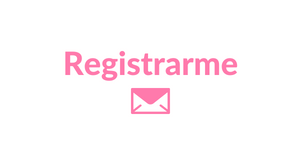A formal interview is generally conducted when a board recruits new members. Candidates for board positions should be prepared to respond to questions that range from how their abilities, attributes and experience will benefit the organization to why it is essential for them to be part of the Board. They should also be aware of how much time they are willing spend on the job.
Boards usually seek strategic thinking, not executive thinking, according to Garland McLellan, founder of Board Ready, a board consulting firm. The interviewer will want someone who can engage in a high-level conversations, ask intelligent questions and challenge the company’s thought processes.
A successful board member is willing to share their view on the issues and strategies of a potential employer, but also open to the opinions of the interviewers. They should be able to provide constructive feedback even when a company’s performance is not up to expectations.
Interviewers can ask candidates to evaluate the culture and collegiality in the boardroom. This is particularly important for a public company where the board’s relationships with shareholders could be at risk. Additionally the board might ask candidates to consider whether they have conflicts of interest that might affect their ability to increase the value of. An unearthed conflict of interest can derail a board’s strategy and can have serious legal implications in the worst case scenario. If candidates are asked to think about this issue, they should be prepared to disclose any relevant relationships and affiliations.
https://boardthrough.com/tips-to-guide-you-in-your-corporate-board-seat-interview/


